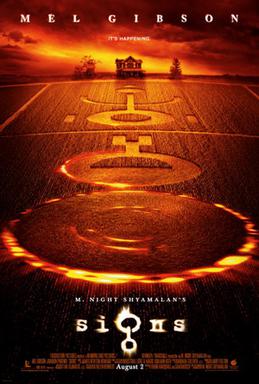- :
- Unknown
- :

- needed to precede following dl
- Review Format:
- Digital: DVD
- :
- Predominant Genre:
- Science‑Fiction
- Directors:
Directors - :
- None
- Premiss:
- After an unusual meteor shower leaves most of the White population blind, a merchant navy officer must find a way to conquer tall, aggressive plants which are feeding on people and animals.
- Themes:
- Aggression | Capitalism | Character | Civilization | Compassion | Courage | Cowardice | Curative | Destiny | Emotional repression | Empathy | Family | Fortitude | Humanity | Identity | Ideology | Individualism | Irrationality | Justice | Logic | Loneliness | Love | Loyalty | Materialism | Narcissism | Nostalgia | Paranoia | Parasitism | Passivity | Personal | Political | Rationality | Schizophrenia | Science | Self‑Esteem | Self‑Interest | Social class | Society | Snobbery | Solipsism | The State | Stereotyping | Totalitarianism | Vice | Virtue | The West | Western culture | White culture | White guilt | White people | White privilege | White supremacy
- :
Fiction:


Non‑Fiction:
Unknown- :
- Unknown
- Awards:
- Unknown
Summary: The Great White Fear of what would happen if the Caucasian world were threatened by aliens.
Effective, cheap ‘n’ cheerful science‑fiction horror movie from the 1960s. The special effects could have been better, but it is amazing what you can do with a few empty Fairy Liquid bottles and some Christmas decorations.
The Caucasian social‑parasite politics of John Wyndham’s source novel are still much in evidence, as the White world divides into the blind and the seeing (those who witnessed the blinding alien invasion & those who did not); a distinction that is purely a matter of luck – as are birth circumstances in snobbish cultures. Even survivor guilt is touched upon.
The moral character of the hero is highly involving as we see the collapse of a White civilisation which only had a paper‑thin veneer to begin with. Presumably, making this plain was the original author’s intention?
However, this movie has two parallel and geographically‑separate stories; charting different solutions to the Triffidus celestus menace. An alcoholic research scientist with a still‑supportive wife; a lone mariner saving a girl and a woman – eventually ending‑up protecting the family he lacked the commitment toward before the Triffid invasion.
These latter scenes were added by an uncredited Freddie Francis after the original cut of the movie came in under its intended running time; partly explaining why these plots are never fully‑integrated into a greater dramatic whole. This makes it harder than necesary to get emotionally worked‑up in the hyperbolic (albeit entertaining) dramas of each: A pity, since this is an above‑average science‑fiction movie based on a book by an under‑rated science‑fiction author.





No comments:
Post a Comment